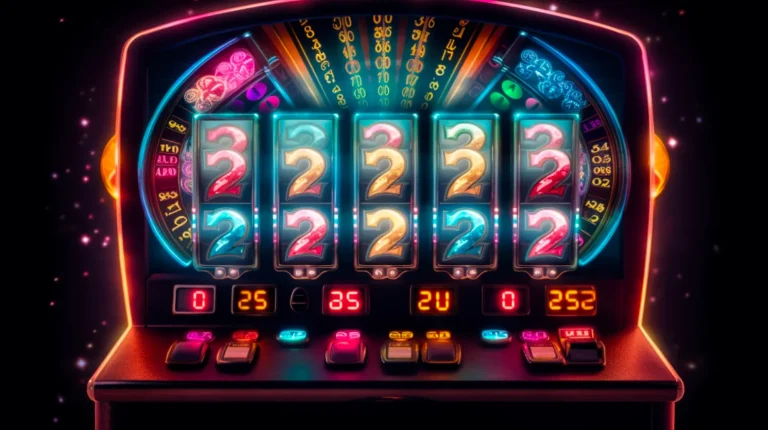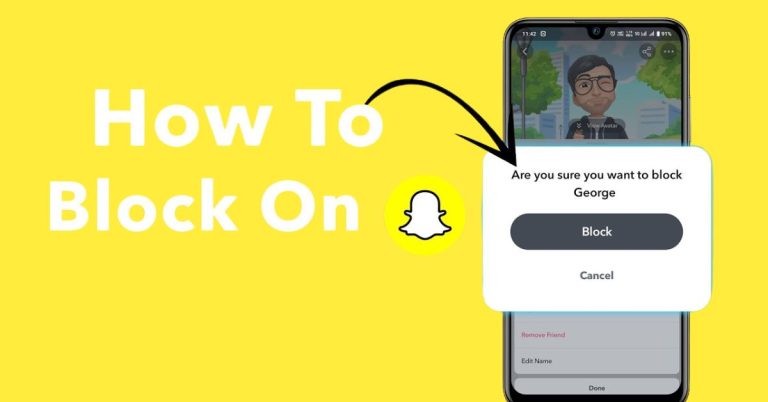The Budget Mistake That Cost Me Two Weeks of Wages
I thought I was being responsible. I’d set aside $200 for gambling that month, kept it separate from rent and bills, and told myself that’s all I could lose. Smart, right?
Wrong. Dead wrong.
Two weeks later, I was borrowing money from my sister to buy groceries because I’d blown through not just my gambling budget, but my entire paycheck and half of the next one. All because of one stupid mistake that seemed so innocent at the time.
The worst part? I thought I was being careful. I wasn’t some degenerate gambler throwing money around randomly. I had a plan, a budget, rules. But I missed one crucial detail that turned my “responsible gambling” into a financial disaster. Understanding proper budget management becomes essential when dealing with platforms like AllSlots casino where their C$1500 welcome bonuses and easy C$5 minimum deposits can make it tempting to exceed your limits, especially with their 24-hour withdrawal processing and diverse payment options that make money movement feel seamless.
The Setup Seemed Perfect
I’d been gambling casually for months without any major problems. Win some, lose some, but always within my limits. So when I got a small raise at work, I decided to increase my monthly gambling budget from $150 to $200.
The plan was simple: $200 for the whole month, split into four $50 weekly sessions. If I lost the $50, I’d stop until the next week. If I won, great—the extra would roll over to next month’s budget.
Everything was organized. I even had a separate bank account just for gambling money. I felt like a responsible adult with a hobby under control.
Where It All Went Wrong
The mistake happened in week two. I’d won $80 in my first session, bringing my balance up to $130. Instead of banking the extra $80 for future months, I got greedy.
“I’m playing with house money now,” I told myself. “This is free money, so it doesn’t count against my budget.”
That’s the lie that destroyed everything. House money isn’t free money—it’s still your money once you win it. But somehow, winning made those dollars feel different in my head.
Instead of sticking to my $50 weekly limit, I started betting the full $130. When that was gone, I told myself I could dip into next week’s $50 since I was “only” down $50 total.
The Spiral Accelerated Fast
Once I broke my first rule, breaking the others became easier. Week three’s $50 was gone in one session. Then I started justifying bigger deposits.
“I’m behind for the month, so I need to bet more to catch up.” Classic chasing logic, but it felt reasonable at the time.
“It’s still within my total monthly entertainment budget if I skip going out to eat.” Technically true, but I was redefining my budget in real time to accommodate losses.
“I’ll just borrow from next month’s gambling money.” This is where responsible budgeting officially died.
How It Got Catastrophic
The real damage came when I started treating credit as available gambling funds. My credit card had a $2,000 limit, and in my twisted logic, that became my “emergency gambling fund.”
I convinced myself I could win it back quickly and pay off the card before interest kicked in. When you’re down and desperate, even obviously stupid plans start sounding smart.
I’d test games in demo mode through sites like slotspeak.net/eye-of-horus-demo/ trying to find patterns or “hot” games, then switch to real money convinced I’d found some edge. Spoiler alert: demos don’t predict real money results.
The Aftermath Was Brutal
Two weeks and $1,400 later, I was broke. My gambling budget was gone, my checking account was empty, and my credit card was maxed out. I’d turned a manageable $200 monthly hobby into a financial emergency.
The worst part wasn’t even the money—it was realizing how quickly my “responsible” system had completely fallen apart. All my rules and limits meant nothing the moment I decided they were optional.
What I Learned the Hard Way
The biggest lesson? There’s no such thing as “house money.” Every dollar you win is your dollar, and it counts toward your budget just as much as money you deposited.
Also, credit cards and gambling don’t mix. Ever. If you can’t afford to lose cash you have in hand, you definitely can’t afford to gamble borrowed money.
Mental accounting—treating different money differently based on where it came from—will destroy any budget system you create.
How I Fixed My System
Now I have one simple rule: I set aside my gambling budget at the beginning of each month, and when it’s gone, it’s gone. No borrowing from next month, no dipping into other accounts, no credit cards.
Winnings go into a separate account that I can’t easily access. If I want to gamble more, I have to wait until next month’s budget kicks in.







